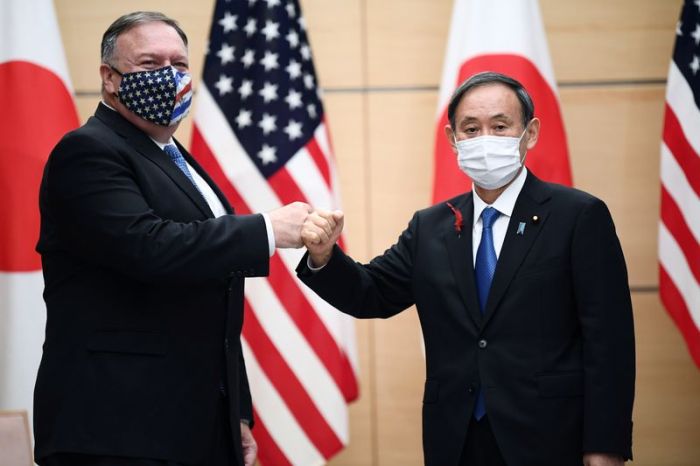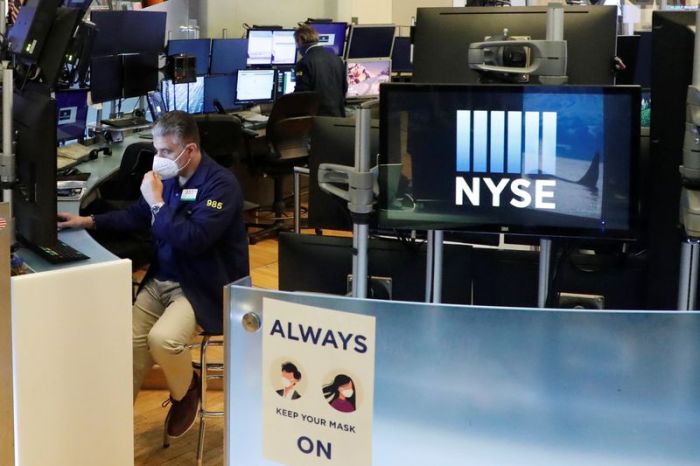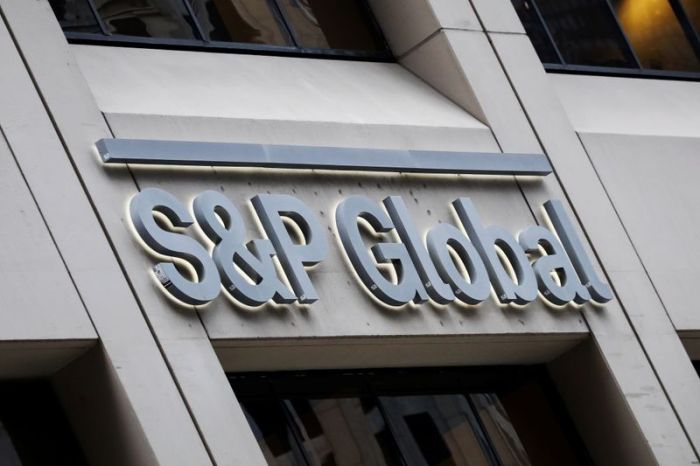NEW YORK (Reuters) – The dollar gained on Tuesday after U.S. President Donald Trump said he called off negotiations with Democrats on a new coronavirus relief package, putting the economic recovery in question and prompting a move to safe haven assets like the greenback.
Trump, a day after leaving the hospital for COVID-19 treatment, said he instructed his representatives to stop negotiating on a new fiscal stimulus bill until after the Nov. 3 U.S. election.
Stocks dropped and Treasuries rallied on Trump’s statement, which came via Twitter.
“This is just not good for the economy and that’s why we’re seeing a strong risk off move here,” said Edward Moya, senior market analyst at OANDA in New York.
The U.S. economic recovery is far from complete and could still slip into a downward spiral if the coronavirus is not effectively controlled and growth sustained, Federal Reserve Chair Jerome Powell said on Tuesday at a virtual meeting of the National Association for Business Economics.
Powell said households, businesses and local governments need more fiscal support.
The dollar was last up 0.41% at 93.797 <=USD> against a basket of six major currencies, having traded earlier in the day in a tight range of 93.560 and 93.333.
“What we’re seeing is at least the fast money reacting to those statements,” Lou Brien, market strategist at DRW Trading in Chicago, said after Trump’s tweet.
Efforts on a compromise in Washington had earlier been complicated by the spread of the coronavirus among several White House staff and senior Republicans, including Trump.
Trump on Monday returned to the White House after a three-day stay in a military hospital where he was receiving treatment for COVID-19, which eased nerves about possible disruption to the election.
A growing lead in the polls by Democratic presidential nominee Joe Biden was seen as weighing on the U.S. currency.
“The increasing possibility of a “blue wave” (Democratic control of the White House and Congress) that would open the door for much-needed fiscal stimulus would be a welcome development for risk assets and could undermine the U.S. dollar,” said Lee Hardman, currency analyst at MUFG.
Euro/dollar was down 0.21% at $1.1756 <EUR=EBS>. The British pound fell 0.5% to $1.2912 <GBP=D3>, with hopes of a Brexit deal keeping the currency close to $1.30. The dollar was 0.19% weaker versus the Japanese yen at 105.52 <JPY=EBS>.
On the data front, the U.S. trade deficit surged 5.9% in August to $67.1 billion, the largest in 14 years as imports climbed again, suggesting that trade could be a drag on economic growth in the third quarter.
The Fed will release minutes from its September meeting on Wednesday and the European Central Bank will release its latest meeting minutes on Thursday.
The Australian dollar reversed the gains it made after the Reserve Bank of Australia kept interest rates on hold at 0.25%, despite widespread expectations of a rate cut. It was last trading at $0.7123, down 0.78% on the day <AUD=D3>.
(Reporting by John McCrank and Karen Brettell in New York; Editing by Sonya Hepinstall)




















